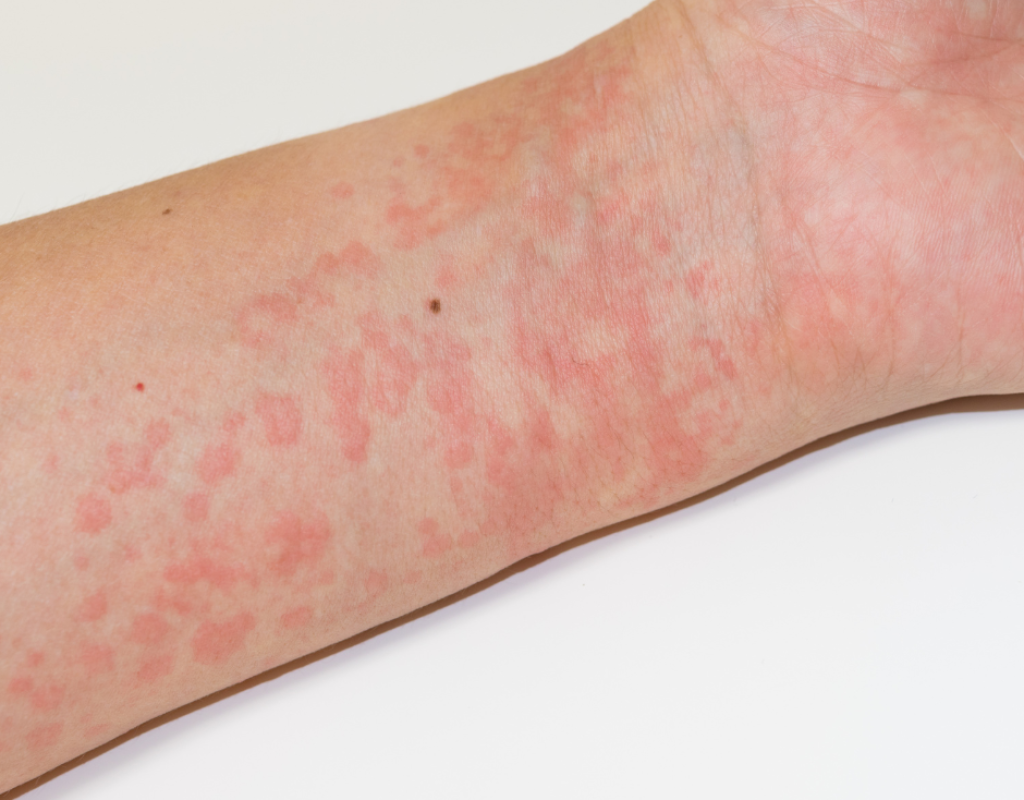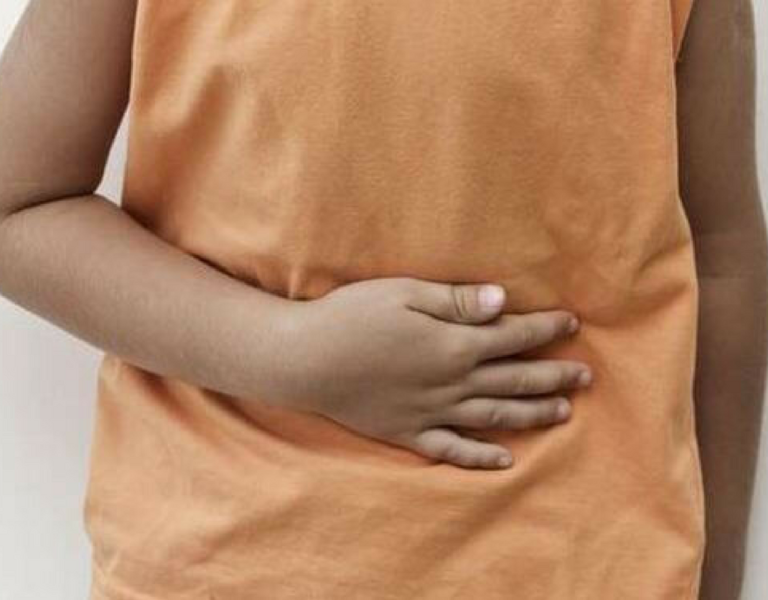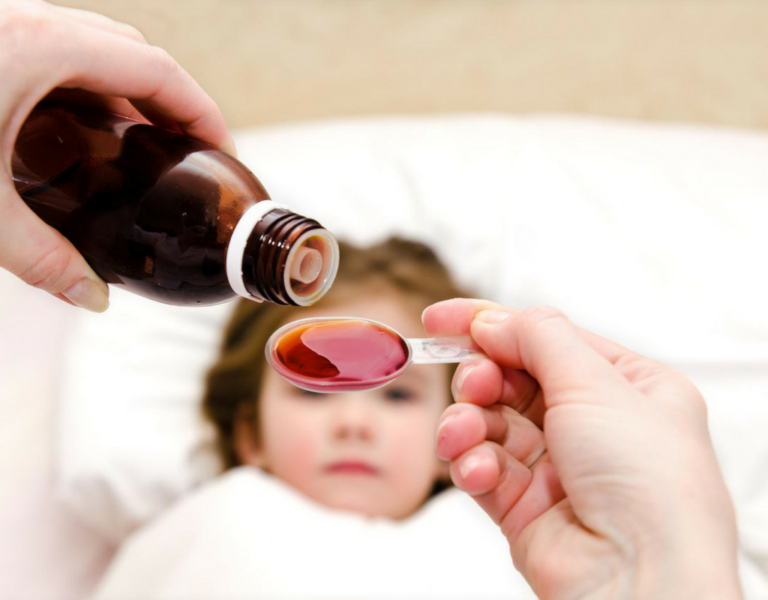Allergy Medication Update as of October 2025
We are updating our recommendations for treating your child’s allergies. We now advise using cetirizine (Zyrtec) instead of diphenhydramine (Benadryl). This change is based on new medical guidelines and research showing that cetirizine is safer and just as effective for children.
Why are we making this change?
● Cetirizine is a second-generation antihistamine. It treats allergy symptoms like sneezing, runny nose, and itchy eyes, but it causes much less drowsiness and fewer side effects than older medicines like diphenhydramine.
● Diphenhydramine (Benadryl) is a first-generation antihistamine. It can make children very sleepy, affect their ability to learn and concentrate, and may cause other side effects like dry mouth and constipation.
● Medical experts strongly recommend using second-generation antihistamines for children. These include cetirizine, loratadine, and fexofenadine. Cetirizine is approved for use in young children and has a long record of safety.
*Note: Epinephrine is always the first and most important treatment for true anaphylaxis (a severe, life-threatening allergic reaction), and should be given right away if symptoms of anaphylaxis occur. Zyrtec (cetirizine) and other antihistamines can help with mild allergy symptoms like itching or hives, but they do not stop or treat anaphylaxis and should never be used instead of epinephrine for serious reactions
Who recommends this change?
● The American Academy of Otolaryngology-Head and Neck Surgery, the American Academy of Allergy, Asthma, and Immunology, and the American Academy of Dermatology all recommend second-generation antihistamines like cetirizine for children.
● These recommendations are based on large studies and expert guidelines that show second-generation antihistamines are safer and better for children.
What does this mean for your child’s school allergy action plan?
● Your child’s allergy action plan will be updated to reflect these new recommendations. School nurses and staff will be informed to use cetirizine (Zyrtec) for allergy symptoms instead of diphenhydramine (Benadryl).
● This update helps keep your child safe and alert during school hours.
If you have any questions about this change or your child’s allergy plan, please contact your healthcare provider. Thank you for helping us keep your child healthy and safe!
Cetirizine (Zyrtec) Dosing
Child’s age | Syrup (1 mg = 1 mL) | 5 mg Tablet (5 mg = 1 tablet) | 10 mg Tablet (10 mg = 1 tablet) |
6–23 months | 2.5 mL | Do not give | Do not give |
2–5 years | 5 mL | 1 tab | Do not give |
6+ years | 10 mL | 2 tabs | 1 tab |




